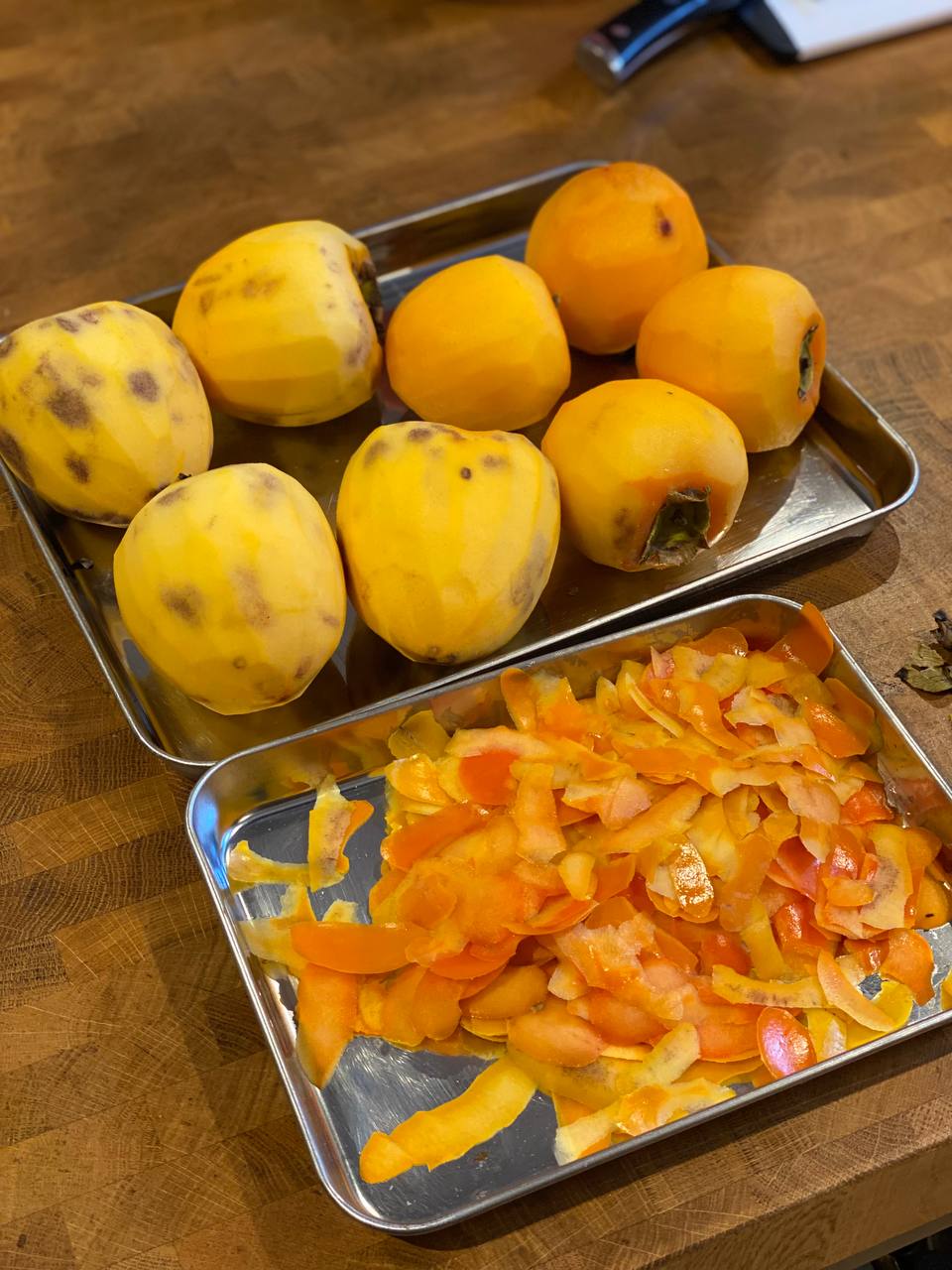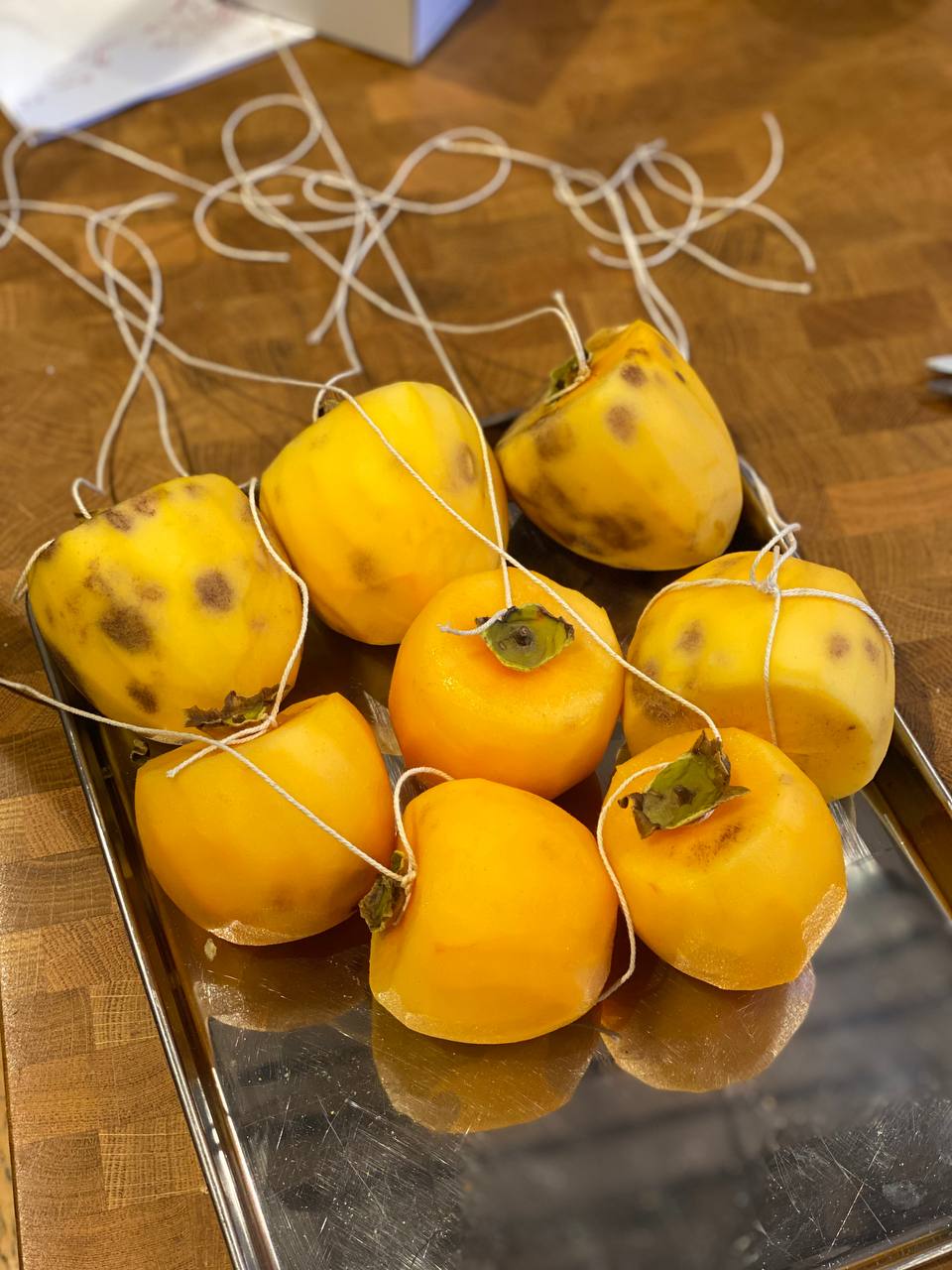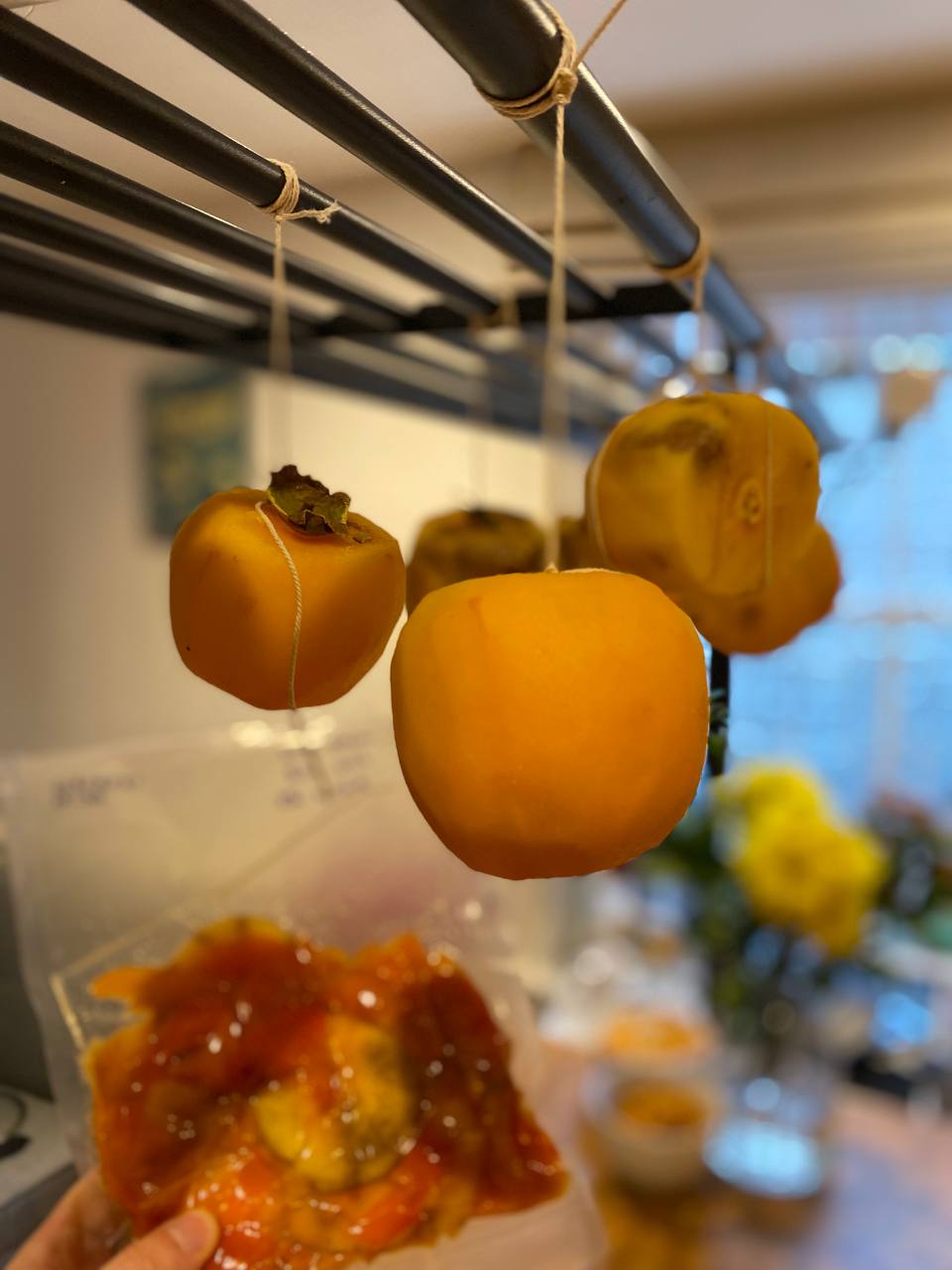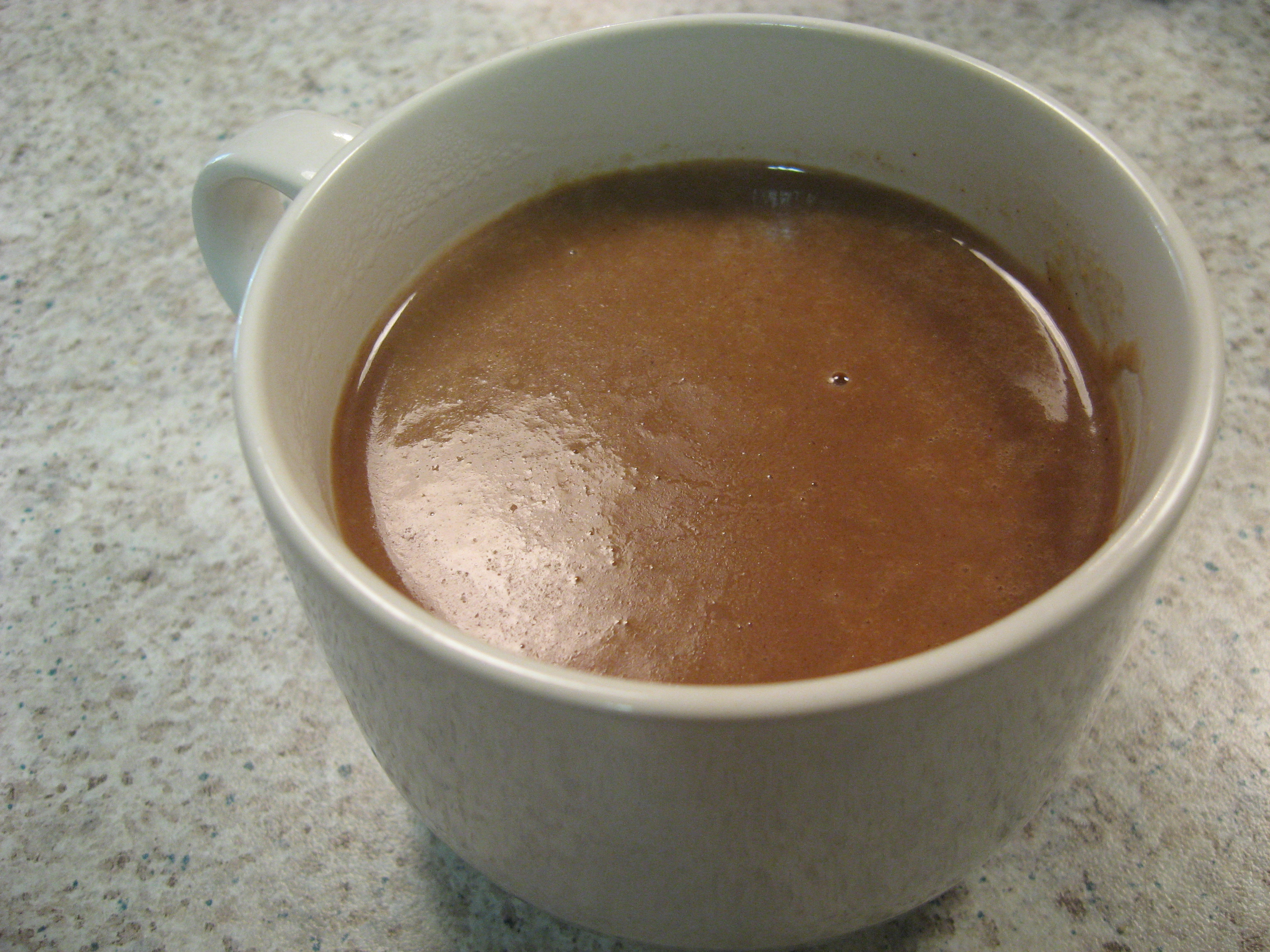|
Hopefully by Christmas everything will be finished: I will keep you posted.
Things I enjoyed reading
Energy is one of the best resource one could get access to, and if something gives you enough power to stay up late at night or not get sleepy during the day, it already puts you a few steps higher than most other people in the race.
There are people who's level of energy is higher by default, and people who struggle with converting things into energy efficiently.
Seems like there are certain ways to boost one's energy without using caffeine and essentially other drugs:
I took long, aimless walks that I imagined would add weeks to my life, like injury time in a soccer match. (It would take a lot of injury time to make up for the hot dogs, if, as a recent study suggested, each one shortens the life span by thirty-six minutes.) Harder work, not surprisingly, yielded higher scores. Jog, or bike, or run stairs, then excitedly check the app. The lure of better numbers, more carrot than stick, was energizing in itself, even if the ring’s criteria seemed kind of arbitrary, maybe overgenerous. The instrument is blunt, but it will cut.
Maybe it's about time I put this Apple Watch back.
Something I never considered before despite writing code on daily basis: line limits.
As developers, we care about how many characters a single line of code is limited to. It goes back to the times where screens couldn't fit more than 80 characters, and so to prevent people dealing with your code in the future from odd formatting engineers would stick to a convention.
But the autor suggests that with writing it could actually benefit the creator as well:
Every word in a great piece of writing survived a brutal game of natural selection. Every review by the author was a chance for each word to be eliminated. The quality of the surviving words are a function of how many times they were reviewed. If the author reviews their writing more, then the words that survive should be fitter.
But moving your eyes takes work.
I tried this approach for a bit working on this week's edition, and so far can't really tell for sure if I got more productive as a writer or not, but that's definitely something I am keen on exploring a bit more.
While there are some odd and weird examples of scientists trying to talk to plants, a legitimate research happens too:
Plants speak in chemical codes—carbon-containing molecules called volatile organic compounds (VOCs). Characterized by the ease with which they enter the air, VOCs are a diverse group: plants alone make more than 30,000 varieties. Some VOCs produce familiar herbal or flower smells.
The article itself goes into more details on how plants can use that to attract specific predators or call for help.
Humanity's relationships with death never really evolved: we learnt to think of many things quite differently comparing to what we used to thousands years ago, but death seems to be an exception.
However, something is changing:
It’s not surprising to see burial places declining in popularity, given our society’s profound fear of death. In some parts of the world, devotees are trying to find new functions for these spaces, to invite the living to make use of them again. In Germany, Café Strauss offers the chance to sip a latté in the company of ghosts. In Melbourne, Springvale Botanical Cemetery organizes outdoor movie nights and jazz shows. In India, a restaurant was even built around a dozen coffins. There’s something ingenious about these initiatives, but they don’t resolve the initial problem: death terrifies us.
And even though the initial problem persists, these first steps to getting more used to it are quite welcome (even though some religions already did way more steps towards it).
Richard Feynman did lots of great things, including writing a book which maintained my love for STEM disciplines for years, so no surprise his method for learning pretty much anything is quite straightforward and obvious, and yet most likely very effective.
Jargon hides our lack of understanding. When forced to write out an idea from start to finish in simple language, you discover where you struggle … where it doesn’t quite make sense … where you get frustrated … where you don’t really understand as well as you thought. Only by identifying gaps in your knowledge can you fill them.
The article itself is quite short, but the method in a nutshell boild down to explaining something you want to learn to a child as many times as it is needed to fully understand.
Probably something we'd see even more often in the future: as tracing back is rarely simple, claims about organic food, biodynamic wine, and other similar things would be lies more and more often.
More than in most retail transactions, the organic consumer is buying both a thing and an assurance about a thing. Organic crops are those which, among other restrictions, have been grown without the application of certain herbicides, pesticides, and fertilizers. Close scrutiny of a crop of non-organic tomatoes might reveal that they had been exposed to these treatments. But it might not.
I don't really get the "organic" trend myself. If buying a chicken, I look at the chicken, not the label, and to me it doesn't really matter how it was raised as far as it doesn't affect the taste (and usually it doesn't). It's obviously nice to know that the carrots you get were grown without additives, but frankly if those additives made them better, than why not?
I am not a huge fan of anything too sour or too sweet, and as a result very rarely order sours. The only exception is probably the New York sour, which is essentially just a classic whiskey sour (equal parts of something sweet and something sour, and then twice more of a base spirit, in this case, whiskey), but always shaken with an egg white for a nice foam, and then a bit of red wine floated on top.
Done properly, it's a beautiful and nicely balanced drink, and people rarely get disappointed.
This, some say, leads to an imbalanced drink as one sip may vary from the next. What the naysayers fault, however, the float’s proponents praise. Ginsberg asserts that the float allows the drink to “develop” as it’s consumed. For them, the lack of uniformity takes the guest on a journey while they’re drinking.
Seems like these days more and more folks experiment with other floats, including transparent liquids (think orange water) for the very same reasons.
Something to continue the topic of passionate vs impassionate developers, but from the bigger picture's perspective:
No matter how great of an engineer you are going to become, there is only so much output one person can generate.
But if instead you focus on finding ways to empower others, whether that’s through mentoring, dev tools or other means, you’ll become a multiplier rather than just an individual contributor. If you believe in the idea of a 10x engineer, that would be that kind of person.
This is also the reason I always loved working more on tools and mentoring, rather than moving buttons on a screen. Chores are important, and everyone should have a share at doing them, but a properly functioning CI might make the life of the whole team significantly better, and users will eventually notice that.
A much-needed post on so-called "beg bounties", attempts to automate security audit and then ask for money in exchange for some low-risk issue with a setup or a server.
Want to be a bounty beggar? It's dead simple, you just use tools like Qualys' SSL Labs, dmarcian or Scott Helme's Security Headers, among others. Easy point and shoot magic and you don't need to have any idea whatsoever what you're doing!
There is nothing wrong with using automated tools, it helps both beginners and seniors, but the moment you decide to withhold any information about a vulnerability without a payment you stop being a white hat. And that's what matters.
A hilarious selection of funny UK-based toponyms, and how locals deal with their unwanted fame (or for that matter, struggle when ordering pizza).
The consensus in the village is that there is a perfectly innocent reason for the name “Crapstone,” though it is unclear what that is. Theories put forth by various residents the other day included “place of the rocks,” “a kind of twisting of the original word,” “something to do with the soil” and “something to do with Sir Francis Drake,” who lived nearby.
Some of the examples are actually quite good, and I would love to live their for a few months just to be able to mention it on my application forms when asked about the previous address.
Things I didn't know last Tuesday
Do you know why bread (and many other baked goodies) turn into stone in the fridge?
Retrogradation is a reaction that takes place when the amylose and amylopectin chains in cooked, gelatinized starch realign themselves as the cooked starch cools.
So the only way to keep something starch-based soft is to either keep it warm, or chill rapidly and then freeze.
Texas folks love the abundance of things, and it applies to beer as well, so their cans are 750 ml.
Though 12-oz cans have long been the standard, the 16-oz pint can, also called a “tallboy,” is becoming trendy for many craft brewers. These are most often sold in 4-packs.
At least they sell them in four-packs.
I tried this corn-based hot chocolate only ones in my life, surprisingly in a St. Petersburg bar in the middle of winter, and yet I still remember the flavours.
Mexican atole, a hot drink made from corn, comes in a staggering variety of flavors, from sweet to savory, each one more delicious than the next. In this sweet one known as champurrado, the corn-flavored base, made from masa harina, is enriched with dark chocolate and cinnamon for a warming, aromatic beverage that's perfect for winter.
Now as I know how it is called (and also have the proper corn flour), nothing stops me from sipping it on par with mezcal for the rest of the year.
| 


